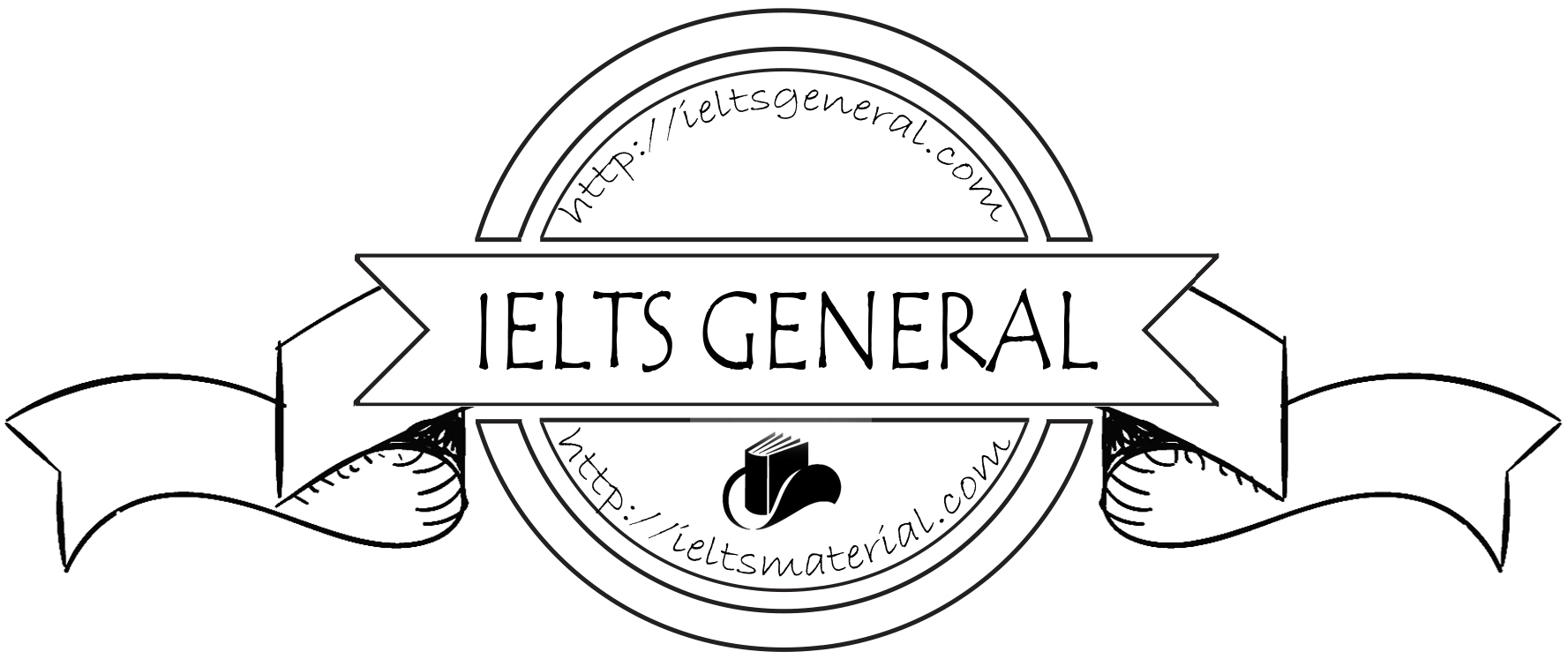Use of the wrong tense
104. Using the past tense after did instead of the infinitive without to
(a) To ask questions
Don’t say: Did you went to school yesterday?
√ Say: Did you go to school yesterday?
(b) To make negatives
Don’t say: I did not went to school yesterday.
√ Say: I did not go to school yesterday.
Use the present infinitive without to, not the past terse after the auxiliary did.
Note: the answer to a question beginning with did a always in the past tense –> Did you see the picture? Yes, I saw the picture or Yes, I did
105. Using the third person singular after does instead of the infinitive without to
(a) To ask questions
Don’t say: Does the gardener waters the flowers?
√ Say: Does the gardener water the flowers?
(b) To make negatives
Don’t say: The man doesn’t waters the flowers.
√ Say: The man doesn’t water the flowers.
After the auxiliary does use the infinitive without to. and not the third persen of the present.
Note: The answer to a question beginning with does is always in the present tense, third person –> Does he like the cinema? – Yes, he likes the cinema or Yes, he does.
106. Using the third person singular after can, must, etc., instead of the infinitive without to
Don’t say: Ian can speaks English very well.
√ Say: Ian can speak English very well.
After the verbs can, most, may, shall and will, use the infinitive without it and not the third person of the present.
107. Wrong sequence of tenses
Don’t say: Rachel asked me what I am doing.
✓ Say: Rachel asked me what I was doing.
When the verb in the main clause is in the past tense, use a past tense in subordinate clauses.
Note: This rule doesn’t apply (1) to verbs within quotations. (2) to facts that are true at all times. We say:
1. She said “I am waiting for your answer.”
2. He said that London is a great city.
108. Using will/’ll instead of would/’d in a subordinate clause
Don’t say: He said (that) he will/’U come tomorrow.
✓ Say: He said (that) he would/’d come tomorrow.
Will/’ll changes to would/’d in subordinate causes, when the verb in the main clause is n a past simple tense.
109. Using may instead of might in a subordinate clause
Don’t say: Last Sunday Ailsa told me that she may come.
✓ Say: Last Sunday Ailsa told me that she might come.
May changes to might in subordinate clauses, when the verb n the main cause is in the past sample tense
Note: The Conjunction that is never preceded by a comma
110. Using can instead of could in a subordinate clause
Don’t say: Ben thought he can win the prize.
✓ Say: Ben thought he could win the prize.
Can changes to could in subordinate clauses, when the verb in the main clause is if the past simple tense
Use of certain tenses
1. Use the Simple Present for habitual or frequent actions, and use the Present Continuous for actions taking place at the present moment.
Examples: I read the newspaper every day. I’m reading an English book (now).
2. Use the Simple Past when a definite time or date is mentioned, and use the Present Perfect when no time is mentioned.
Examples: I did my homework last night. I’ve done my homework (so I can watch TV – or whatever – now).
3. Express habitual or repeated actions in the past either by the Simple Past or by the phrase used to.
Example: I went (or I used to go) to the cinema every week last year.
Note: Don’t use the Past Continuous (I was going) for a past habitual action, but for an action in the past continuing at the time another action took place –> I was going to the cinema when l met him.
4. The only correct tense to use is the Present Perfect if the action began in the past and is still continuing in the present.
Example: I’ve been in this class for two months.
5. Be very careful not to use the future but the Present tense in a clause of time or condition, if the verb in the main clause is in the future.
Example: I will/’ll visit the Parthenon when I go (or if I go) to Athens.
